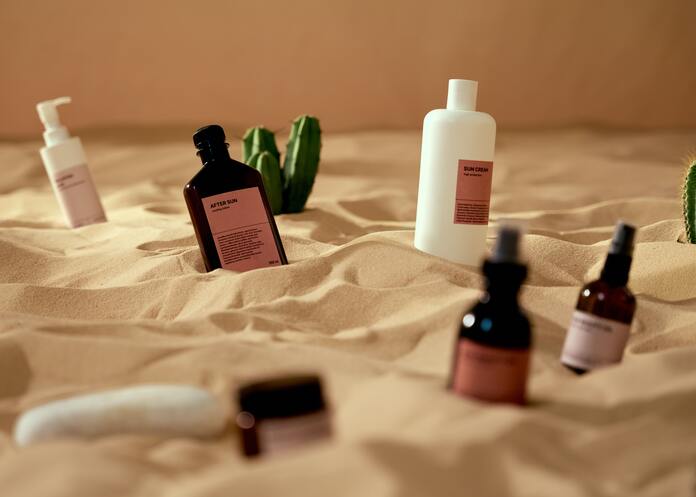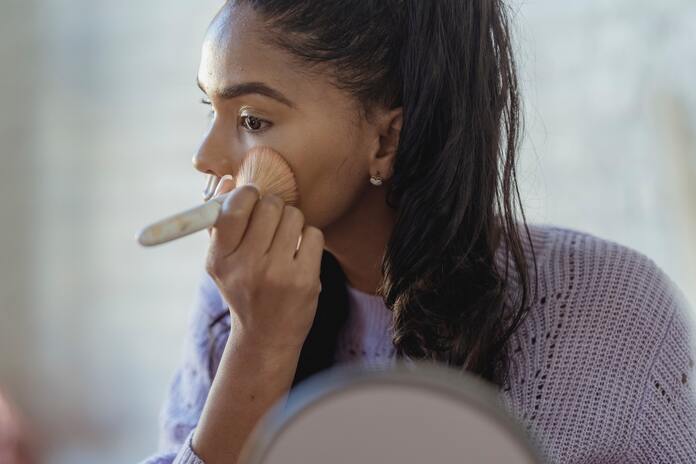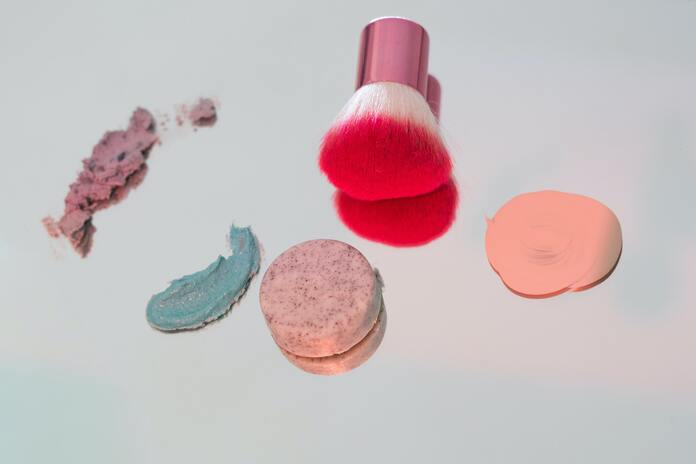Makeup is one of the great ways to perfect your appearance in addition to clothes and accessories, but when makeup sensitive skin you must be careful. People with sensitive skin should ideally use fewer cosmetics since it can lead to dangerous problems if they don’t use the right product. However, those who think it is impossible to do makeup just because of sensitive skin are entirely wrong. You may still makeup sensitive skin, but you may need to experiment with a few different formulas before discovering one that works for you.
We asked professionals for tried-and-true makeup sensitive skin tips that are good for those with sensitive skin and a propensity toward redness to figure out the best method to handle this issue. Thus, here are 5 tips to makeup sensitive skin that you should save immediately.

What is sensitive skin?
There are numerous causes of sensitive skin. Even the most normal of skin types can occasionally experience a bout of sensitivity, from dehydration which makes the skin feel extremely dry and itchy to ingredient irritation to skin diseases like psoriasis flare-ups, breakouts, and eczema that make the complexion feel uncomfortable.
Even while it tends to block pores, makeup isn’t necessarily detrimental to your skin. Applying makeup just after using a substance to which your skin is sensitive increases the likelihood of an adverse reaction since it can trap whatever is currently on your skin. That’s why you need to find the right formula for your own skin.

Makeup Sensitive Skin Tips
1. Find the right products for sensitive skin
You must use as little makeup as you can, and only sensitive skin-safe items. Skincare formulas are extremely intricate and frequently contain a wide range of significant chemicals, from active molecules to treat aging symptoms to preservatives and stabilizers to keep your cream safe for extended periods of time. Reduce the number of items you use if you have sensitive skin to ensure that your skin is exposed to the fewest possible irritants. To weed out any potential irritants, products made for sensitive skin go through a more extensive ingredient screening process.

2. Use a minimal and light foundation
People with sensitive skin should choose a light coverage foundation or tinted moisturizer with its own hydrating ingredients to help support inflammation. Anything with a lot of pigment makes the skin drier, even with the right skincare hydration underneath, and a long-wear foundation can clog pores and keep your skin from breathing.

3. Apply a touch of SPF
Before applying makeup, use sunscreen to add an extra layer of protection against problems with your skin and prevent UV-induced irritation. It can also help prevent early aging symptoms like fine lines and wrinkles. The best sunscreens for sensitive skin are typically physical sunscreens like zinc oxide or titanium dioxide. You may lessen your exposure to products that might irritate your skin by choosing formulas that are fragrance- and ingredient-free, such as those devoid of phthalates and parabens.

4. Avoid wearing pink
Makeup sensitive skin makes you lose some color choices. When you’re battling with redness, applying color to your eyes or cheeks can seem intimidating. Although there are a few guidelines for using color, the general rule is to avoid pink and purple tones. Your skin, as well as the whites of your eyes, will appear redder if you use pink or purple eyeshadow or blush. Additionally, wearing pink may make you appear puffier rather than make you stand out. However, there are plenty of additional colors you may experiment with to enhance your sense of expression while protecting your skin.

5. Always remove your makeup after a long day
It is important to take off all of your makeup after a long day because the bacteria that are adhered to your concealer, foundation, and other cosmetics can be absorbed into your skin and cause havoc. Thus, taking off your makeup could significantly improve the condition of your skin. Additionally, your skin needs space to breathe, especially while it is regenerating. The consequences of not getting it out could be significant.

Here are some more tips for you to makeup sensitive skin. If you want to find out more about makeup hacks for sensitive skin, see it here.

